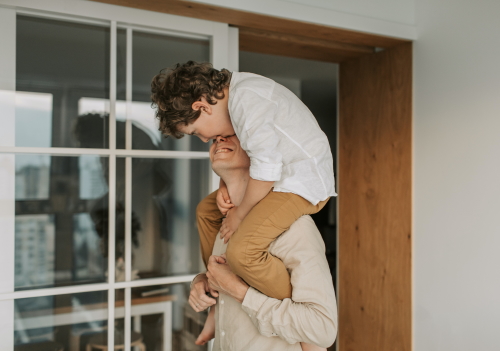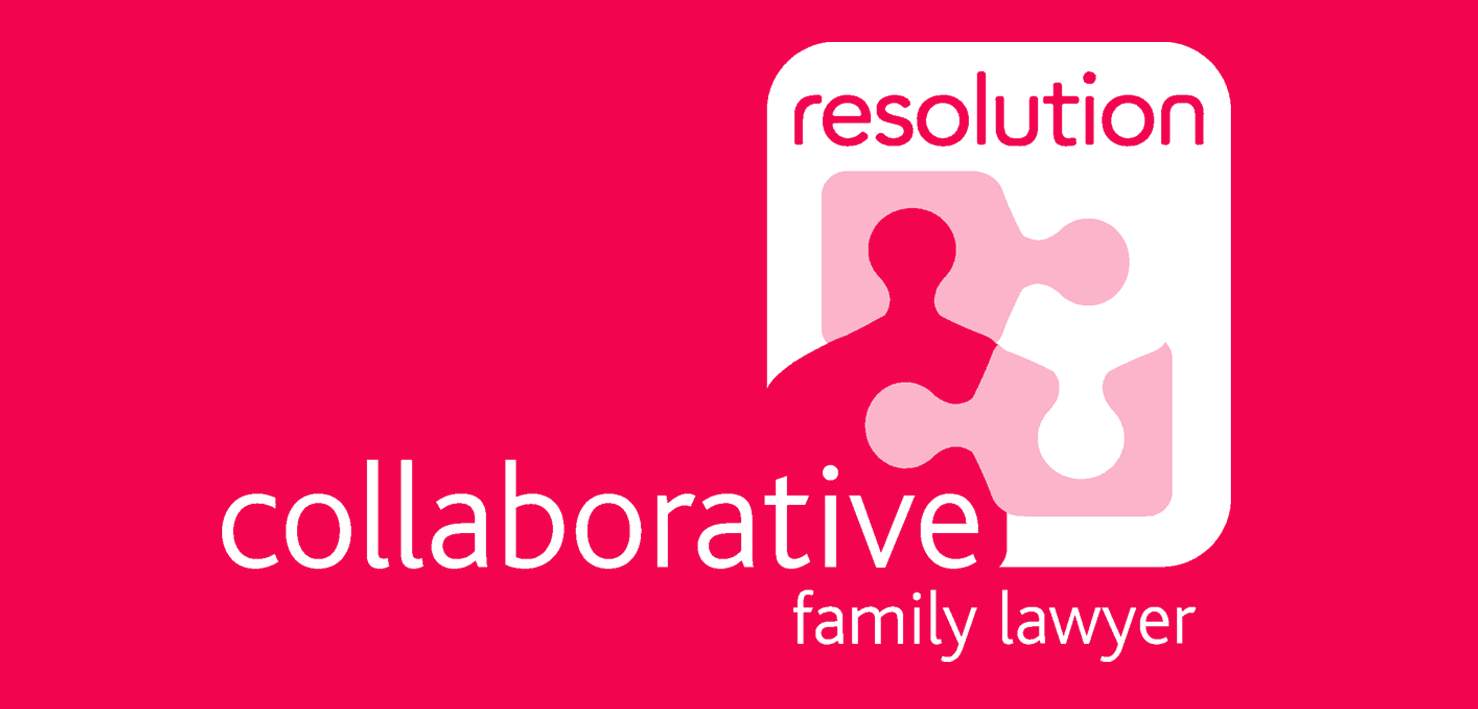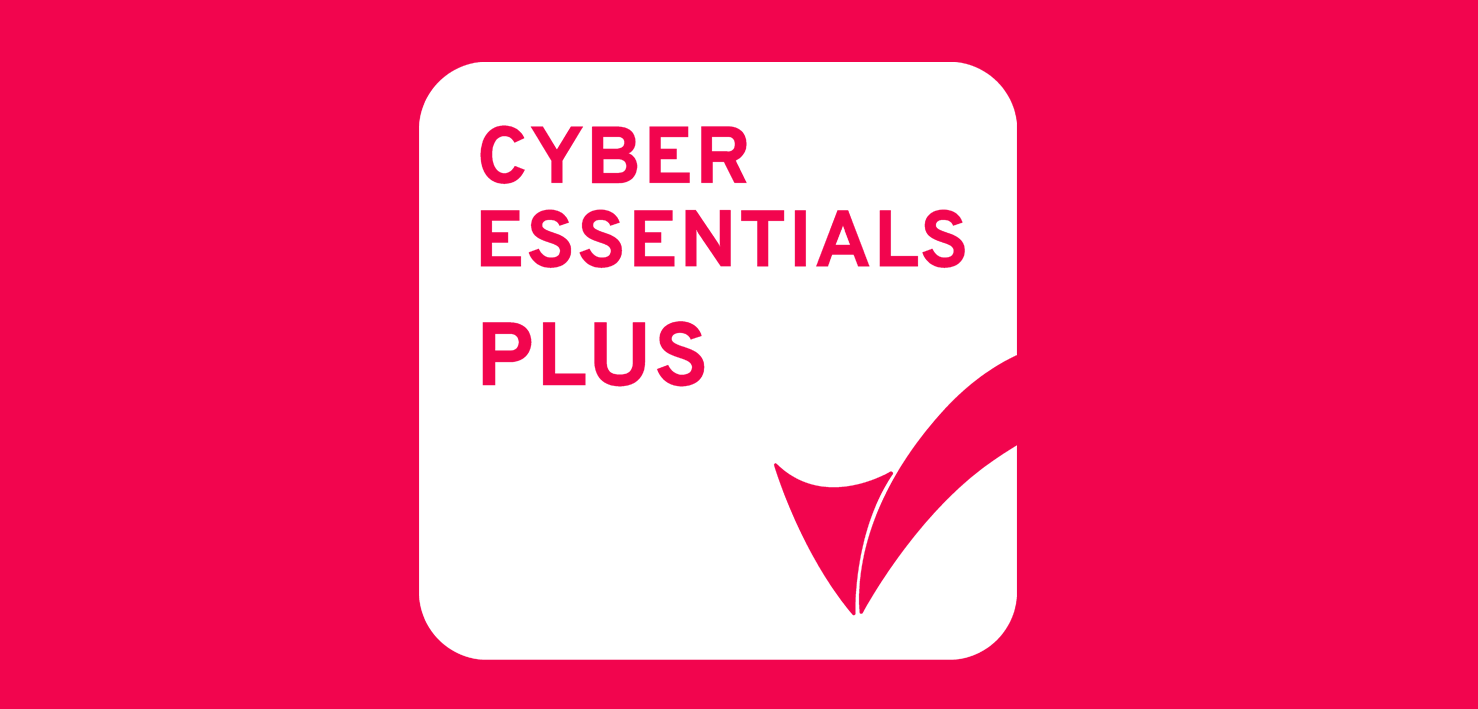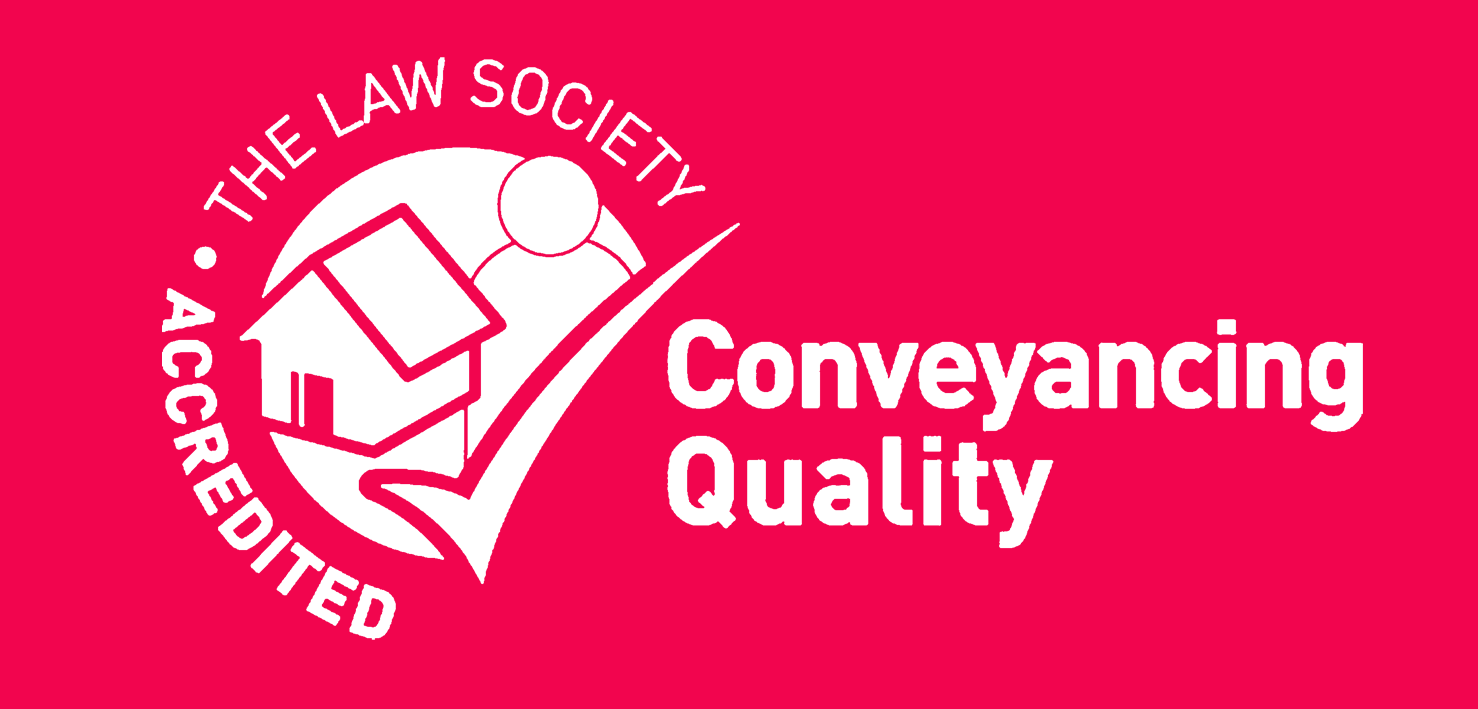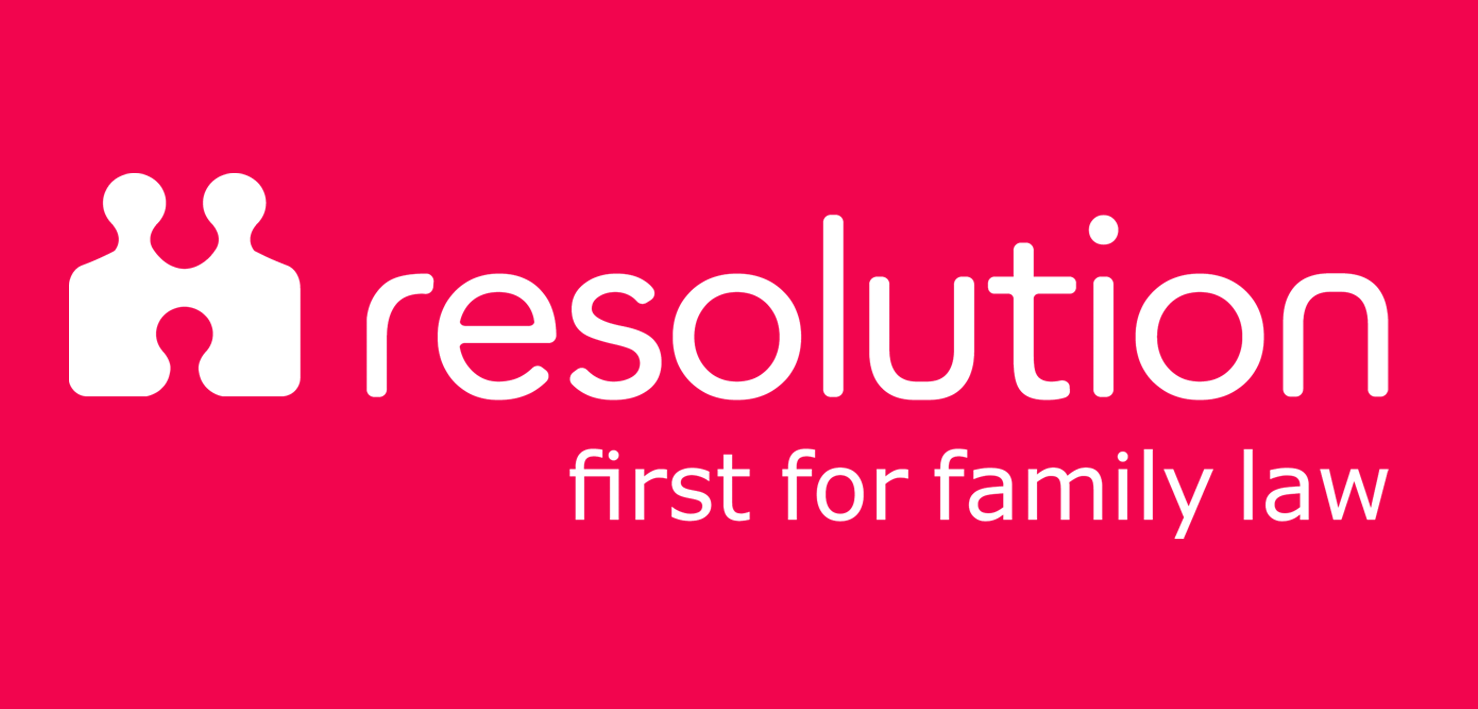Section 3(1) Children Act 1989 defines Parental Responsibility as all of the rights, duties, powers, responsibilities and authority that a parent of a child has in relation to the child and their property but what does it really mean in practice?
Essentially someone with Parental Responsibility can make decisions about their child’s accommodation, education, and medical treatment. You can obtain information from school (such as letters and school reports), request meetings and attend Parents’ Evenings (which should be offered separately if parents are separated). You can also request medical information and should be able to attend all medical appointments or have a separate appointment if it is necessary.
Who has Parental Responsibility?
A child’s mother always has Parental Responsibility for her child (the person who gave birth).
If the child’s parents are married or in a civil partnership when the child is born, then both of them will automatically have Parental Responsibility.
Should the above not apply, then the father can acquire Parental Responsibility if he:
- Is named on the child’s birth certificate.
- Marries the mother or enters into a civil partnership with her.
- Enters into a Parental Responsibility Agreement with the mother and files it with the Central Family Court.
- Is named on a Child Arrangements Order as a person with whom the child lives.
- Is named on a Child Arrangements Order as a person with whom the child spends time with and the Court decides to make an Order for
- Parental Responsibility in their favour.
- Becomes the child’s guardian.
- Adopts the child.
Two female parents, where a child is born by fertility treatment, may also acquire Parental Responsibility in a similar way as a father.
Step-parents can acquire Parental Responsibility if they are married to or are the civil partner of a parent of the child who has Parental Responsibility and they do either of the following:
- Enter into a Parental Responsibility Agreement with the parent (if only that parent has Parental Responsibility) or both parents (if both parents have Parental Responsibility) and file it with the Central Family Court.
- Obtain an Order from the Court.
- If the Court has made an order naming the step-parent as someone the child shall live with, then they will automatically acquire Parental Responsibility.
Can more than one person have Parental Responsibility at a time?
Yes! A person does not lose Parental Responsibility because someone else acquires it. If more than one person has Parental Responsibility, each can act independently unless there is a statutory requirement to consult others, for example:
- Each of them requires the consent of the other to take the child out of the UK while they are under 16, however such consent must not be unreasonably withheld.
- All are required to give consent to place the child for adoption.
In cases of disagreement between those with Parental Responsibility, it may be necessary to make an application to the Court.
When does Parental Responsibility End?
Parental Responsibility automatically ends when a child attains the age of 18. However, when a child is 16 they can request that medical records are kept from a person who has Parental Responsibility.
The issues can be complex, particularly if you seek to acquire Parental Responsibility. Our Family Team understand how emotive issues surrounding children can be. Click here to arrange a free initial consultation with a member of our friendly, knowledgeable team.

